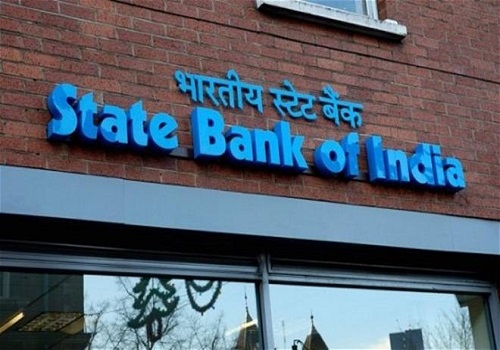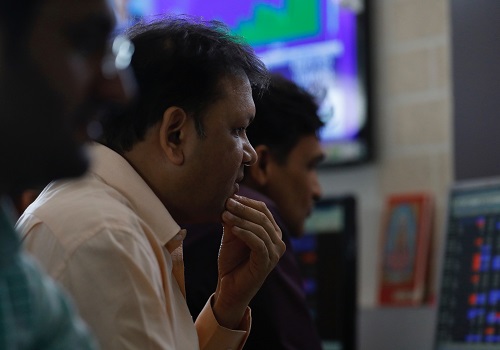Many PSBs saddled with weak assets, high credit costs: S&P Global Ratings

Follow us Now on Telegram ! Get daily 10 - 12 important updates on Business, Finance and Investment. Join our Telegram Channel
While the government-owned State Bank of India (SBI) and leading private banks have addressed their asset quality challenges, the same cannot be said about many other Indian public sector banks (PSB), said S&P Global Ratings in its latest research report on the global banking scene.
According to the report, many large PSBs are still saddled with weak assets, high credit costs and poor earnings and the polarisation of the bank performance will persist.
Simply put, credit cost is the value of loan loss/bad loans.
"Similarly, we expect a mixed-bag performance for finance companies (fincos). The asset quality of these fincos is often weaker than that of major private sector banks," the report notes about the Indian banking and financial sector.
The global credit rating agency said India's economic growth prospects should remain strong over the medium term, with gross domestic product (GDP) expanding 6.5 per cent-7 per cent annually in fiscal years 2024-2026.
"We project the banking sector's weak loans will decline to 4.5 per cent-5 per cent of gross loans by March 31, 2024. Likewise, we forecast the credit costs to normalise to 1.2 per cent for fiscal 2023 and stabilise at about 1.1 per cent-1.2 per cent for the next couple of years. This makes credit costs comparable to those of other
emerging markets and to India's 15-year average," S&P Global said.
Over the next few years, S&P Global expects the loan growth in India to stay somewhat in line with the trajectory of nominal GDP, and loan growth to the retail sector to continue to exceed that of the corporate sector.
Corporate borrowing is also picking up momentum, but the uncertain environment may delay capital expenditure-related growth, the report notes.
"A shift to bank funding from capital market funding is also driving a pickup in corporate loan growth. Deposits may find it hard to keep pace, leading to a weakening in the credit-to-deposit ratio," S&P Global said.
According to the report, the credit-to-deposit ratio has improved in the past few years.










Tag News

Monthly Debt Market Update, September 2023: CareEdge Ratings













